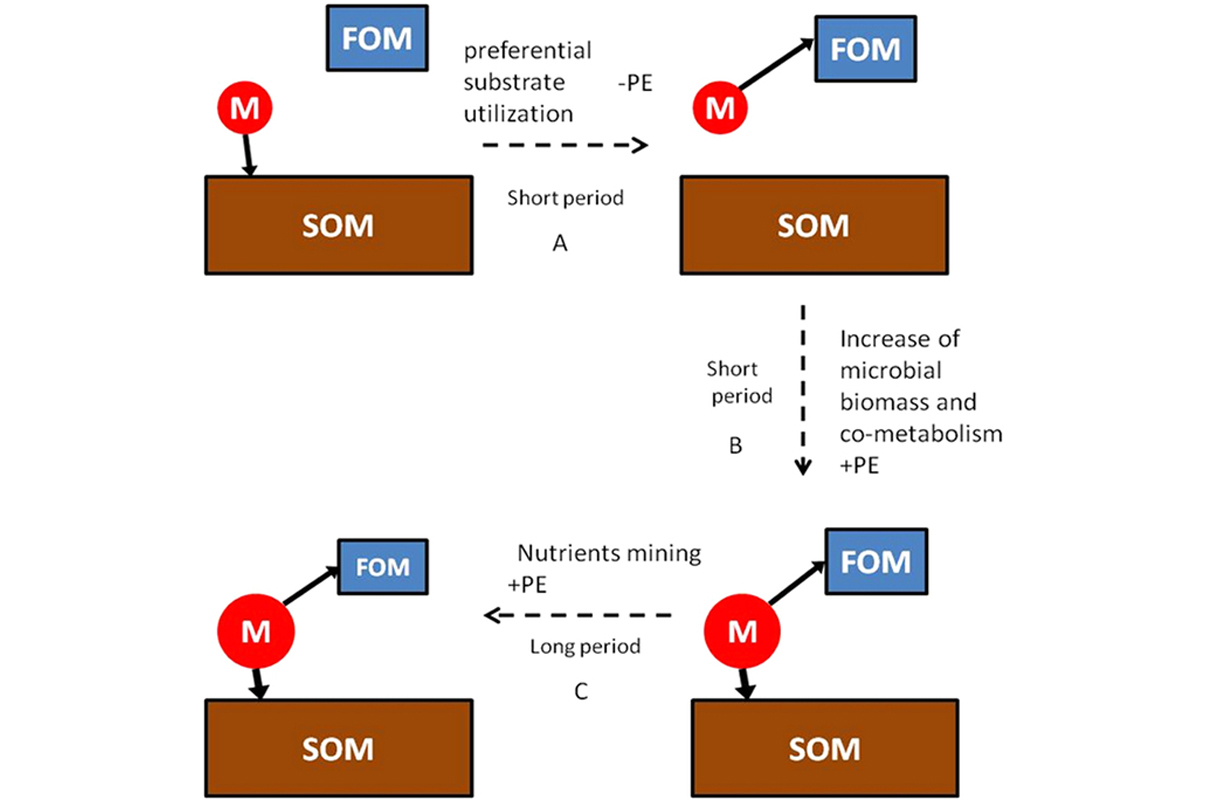—— PROUCTS LIST
中科院科學(xué)家利用LGR二氧化碳同位素分析儀對土壤有機(jī)物的檢測
LGR的二氧化碳同位素分析儀幫助中國科學(xué)院的科學(xué)家監(jiān)測“新鮮有機(jī)物的質(zhì)量對土壤有機(jī)物的啟動和微生物底物利用率模式的影響”
Quality of fresh organic matter affects priming of soil organic matter and substrate utilization patterns of microbes
Hui Wang1, 2 , Thomas W. Boutton3 , Wenhua Xu1 , Guoqing Hu1, 2 , Ping Jiang1 , Edith Bai1
Abstract
Changes in biogeochemical cycles and the climate system due to human activities are expected to change the quantity and quality of plant litter inputs to soils. How changing quality of fresh organic matter (FOM) might influence the priming effect (PE) on soil organic matter (SOM) mineralization is still under debate. Here we determined the PE induced by two 13C-labeled FOMs with contrasting nutritional quality (leaf vs. stalk of Zea mays L.). Soils from two different forest types yielded consistent results: soils amended with leaf tissue switched faster from negative PE to positive PE due to greater microbial growth compared to soils amended with stalks. However, after 16 d of incubation, soils amended with stalks had a higher PE than those amended with leaf. Phospholipid fatty acid (PLFA) results suggested that microbial demand for carbon and other nutrients was one of the major determinants of the PE observed. Therefore, consideration of both microbial demands for nutrients and FOM supply simultaneously is essential to understand the underlying mechanisms of PE. Our study provided evidence that changes in FOM quality could affect microbial utilization of substrate and PE on SOM mineralization, which may exacerbate global warming problems under future climate change.


